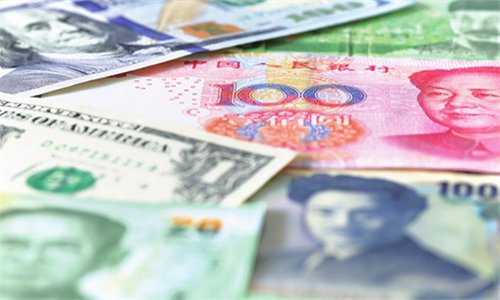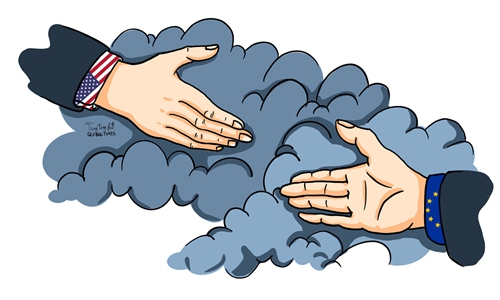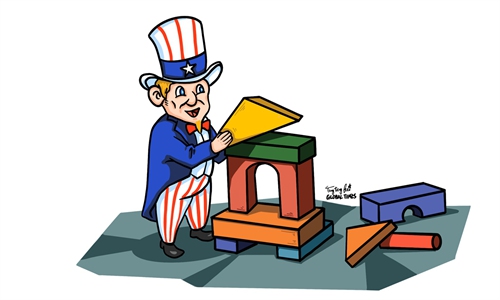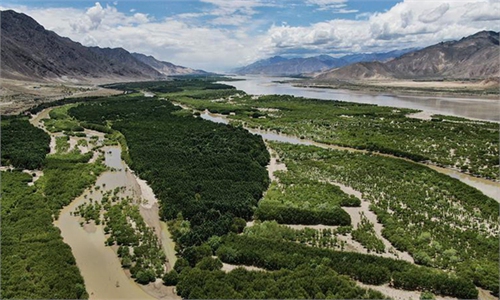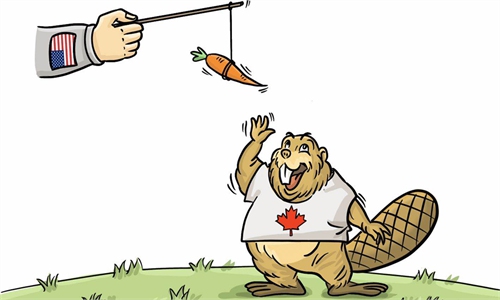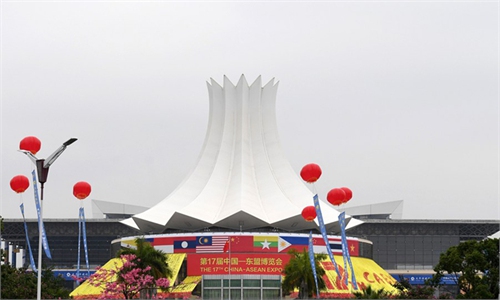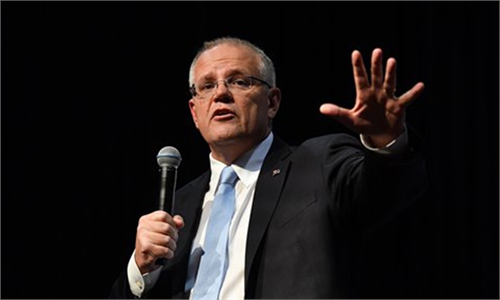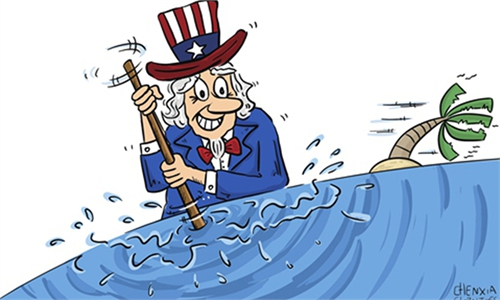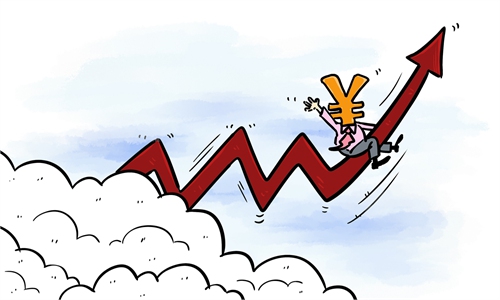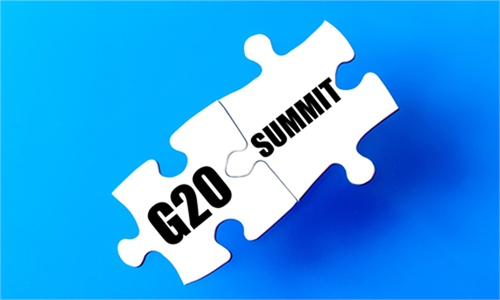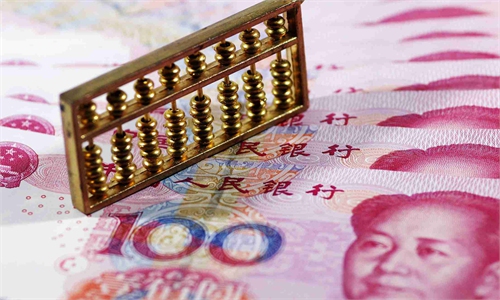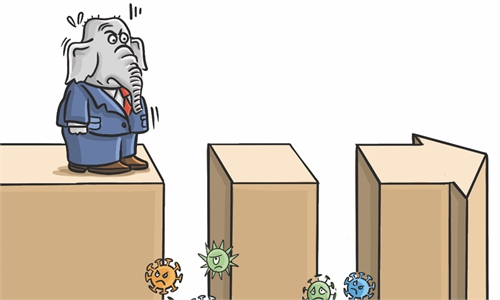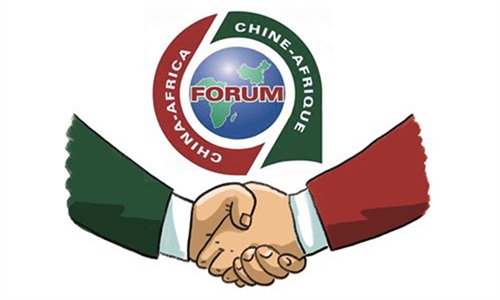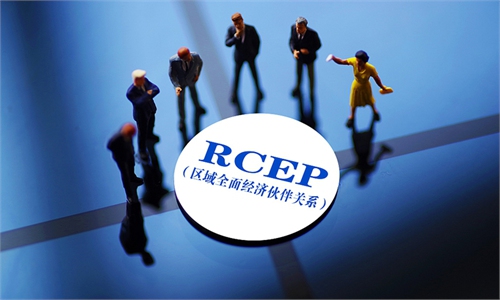Stay vigilant about US weaponizing SWIFT
The system known as SWIFT, the US dollar denominated international payment network controlling 80 percent of the world's cross-border payment and information exchange among financial institutions, has played an important role in continued US efforts to interfere with the region.
EU should remain independent from US-China rivalry
The EU recently signaled its increasing desire to bond with the US as President-elect Joe Biden prepares to enter the White House. In order to gain strategic autonomy and raise its voice in the international community, Brussels hopes to get Washington on board by hyping the so-called "China challenge," despite the structural contradictions between the two sides.
Multilateral approach in line with Biden's economic plan
In line with media predictions, US President-elect Joe Biden announced his new economic team with former Federal Reserve chairwoman Janet Yellen being officially nominated as secretary of Treasury. With the highly principled and pro-market Yellen leading Biden's economic response to the COVID-19 pandemic, the US market expect an enhancement of confidence amid the pandemic crisis.
India must give up zero-sum mentality, accept China's hydropower project
China's plan to build a large hydropower project on the Yarlung Zangbo River has raised concerns in India over "potential political and ecological threats" as the river intersects Southwest China, India and Bangladesh.
Canberra's effort to bet on both sides will hurt own industries
After sparing no effort to drag its relationship with China down to a historical low, Australia recently showed a sudden turn, expressing its intention to mend bilateral ties, but in a way seeming to bet on both sides – making “sweet talk” while also exerting pressure on China. It won't work, and it may make Australian industries suffer more.
What the Canadian government did wrong in Huawei CFO's case?
It's been two years since Meng Wanzhou was arbitrarily taken into custody in Canada on December 1, 2018. While her early and safe return to China has been very much on the minds of her fellow Chinese, there have also been growing calls for Meng's release in Canada from fair-minded members of parliament, former ministers, retired diplomats, judges and lawyers - all adding their voices to the plea for justice and reason.
Expanding the 'Nanning Channel,' China and ASEAN jointly promote regional economic recovery
The 17th China-ASEAN Expo and China-ASEAN Business and Investment Summit opened on Friday in Nanning, South China's Guangxi Zhuang Autonomous Region.
UK undermines trust with China, may ruin FTA talks
As the due date of leaving the EU draws near, the UK recently signaled an intention to reset its diplomatic relations, including with China. The UK seems inclined to take a more aggressive path towards China at a cost of obstructing a free trade agreement talks with the world's second largest economy, among others.
Is Australia finally adjusting its attitude toward China?
Australian Prime Minister Scott Morrison said at a virtual meeting of a British think-tank on Monday that Australia is pleased to see China's rise and hasn't done anything to contain its economy rise of China, but Canberra's actions were misinterpreted.
ASEAN, China economic partnership will sustain US' deliberate sabotage
US National Security Adviser Robert O'Brien concluded visits to the Philippines and Vietnam a few days ago, which follows US Secretary of State Mike Pompeo's visit to Vietnam at the end of last month.
Yuan keeps appreciating, buoyed by China's robust economy
China's currency, yuan, has continuously strengthened since June alongside the rapid recovery of China's economy. This appreciation trend has, however, had limited impact as Chinese exports remain resilient in the past months, and the nation's domestic market has shown rosy prospects guided by the new growth strategy known as "dual circulation".
UK economy is hollowed out; Brexit will add more wounds
While struggling with Brexit and the deadly novel coronavirus, the UK economy is facing a daunting challenge, including its industrial hollowing-out and lagging development in emerging high-tech industries, which all need massive and long-term investment, instead of playing geopolitical games.
G20 faces rising challenges as how to manage globalism, development
Against the backdrop of the COVID-19 pandemic and a global recession, Saudi Arabia hosted the G20 summit virtually over the weekend. How to deal with the pandemic and achieve economic recovery was the key topic of the summit.
State Council poised to dial up regulation of corporate defaults
The 43rd meeting of the State Council Financial Stability and Development Committee was held on Saturday, according to a report published by gov.cn, the official website of the Chinese government. The meeting has sent a clear signal: the country will dial up regulation of the corporate bond market in order to safeguard the stability of the money market.
India isolates itself from regional growth opportunities
Among India's trade partners that have seen slumping shipments to the South Asian country, China showed a relatively resilient pace, with its share increasing in India's total imports during recent months despite the COVID-19 pandemic and India's constant undermining of bilateral ties.
China-Africa cooperation should be carried out under 'dual circulation'
This year marks the 20 year anniversary of the founding of the Forum of China-Africa Cooperation (FOCAC). Since the first forum was held in 2000, I had the opportunity to participate in the relevant work of several events. I witnessed the forum grow and gain the world's attention.
China-EU cooperation benefits both, needs mutual efforts
While certain politicians from the EU are grumbling about potential influence from the freshly signed Regional Comprehensive Economic Partnership (RCEP), multinationals have shown a clear path they picked to pursue a rosy future by betting on the Chinese market.
Biden's intention to 'write trade rules' won't dampen RCEP
The signing of the Regional Comprehensive Economic Partnership (RCEP) by 15 Asia-Pacific countries has sparked concerns among US-led Western world of losing dominance in global trade system. From media to politicians, there are voices suggesting to contain potential influence of the fresh trade deal.
